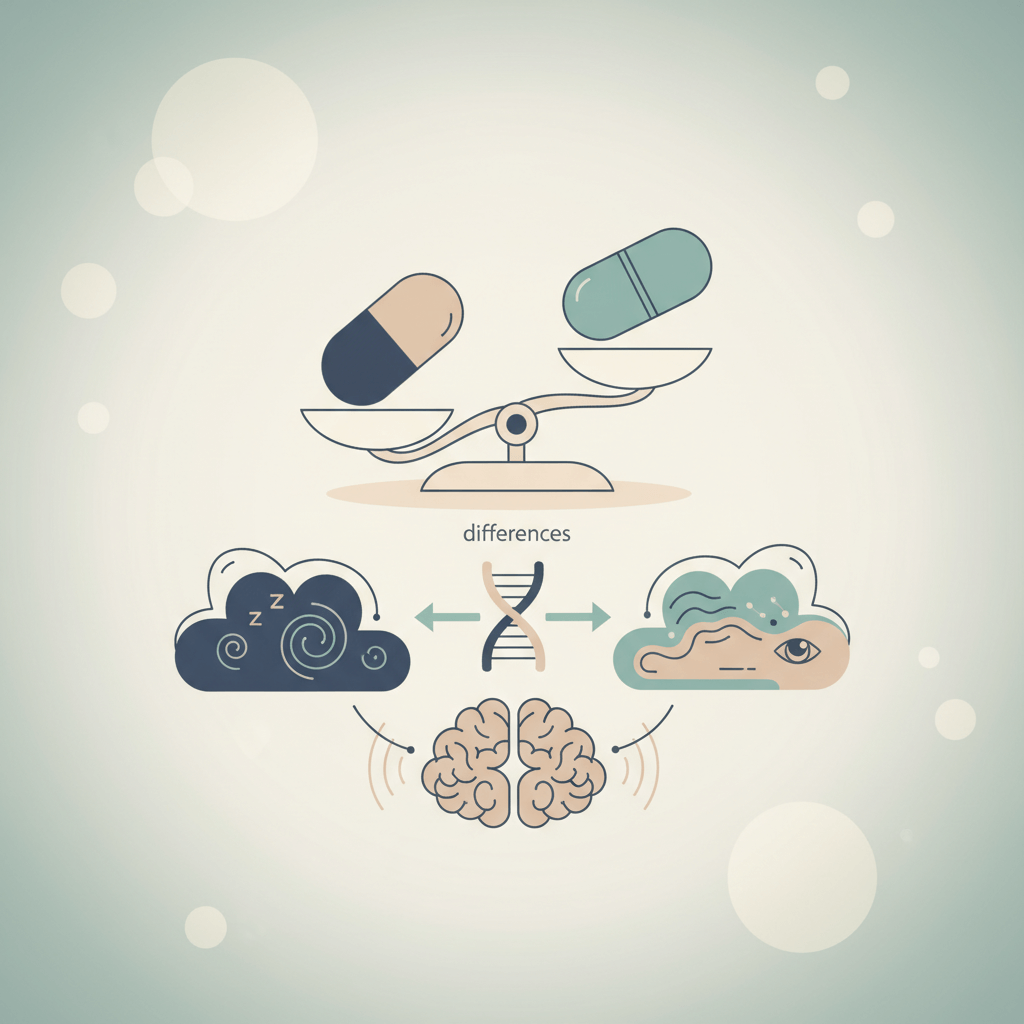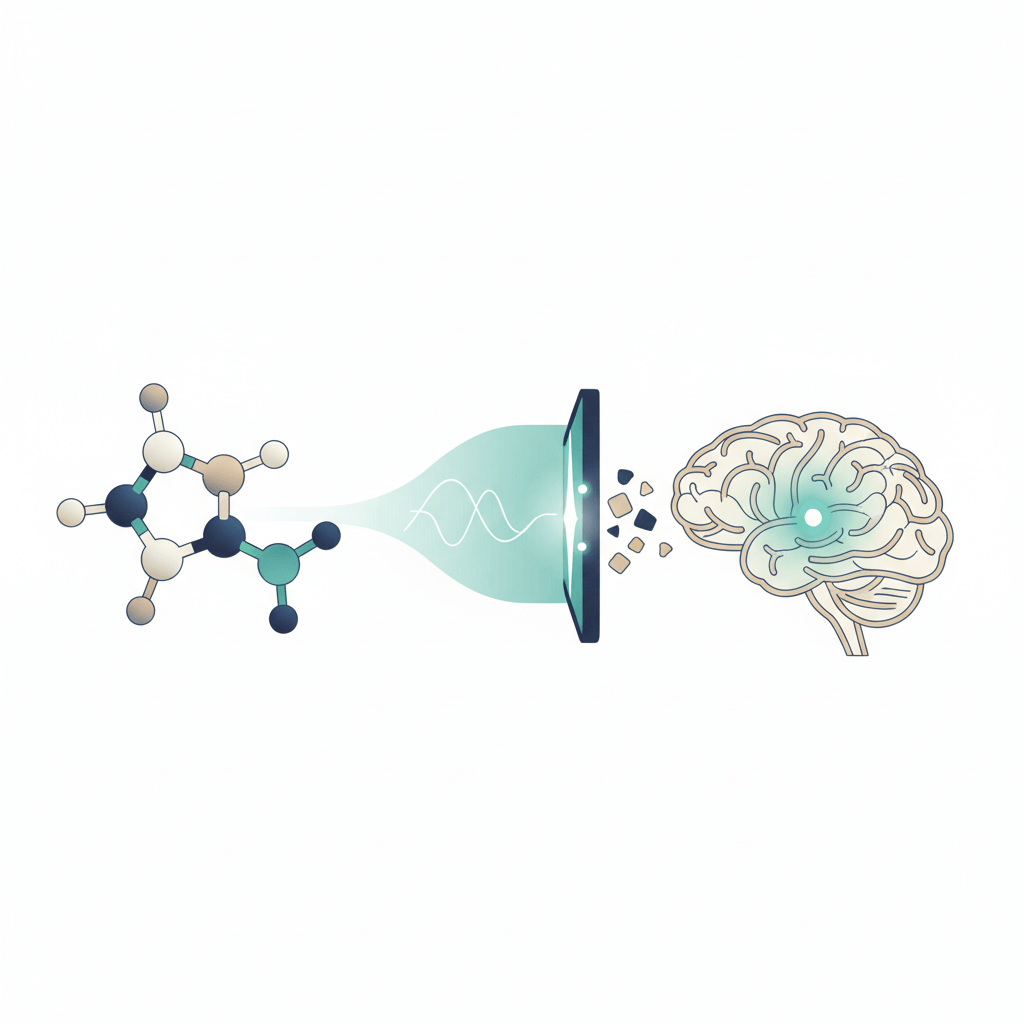Mental Health Apps Overview
In recent years, there has been a significant rise in the availability and usage of mental health apps, providing individuals with convenient access to resources and support for their mental well-being. A 2015 World Health Organization survey revealed that 29% of mobile health apps focus on mental health diagnosis, treatment, or support, indicating a rapid increase in the number of mental health apps available. This growth has continued, with mobile mental health apps increasing threefold between 2016 and 2018, offering over 10,000 apps to users. In the United States, 70% of outpatient help-seekers have shown interest in using apps for self-monitoring and managing mental health difficulties.

Rise of Mental Health Apps
The rise of mental health apps can be attributed to several factors. Smartphone-based apps provide timely support, transcending traditional help-seeking boundaries associated with waiting time and physical distance. Users can access in-the-moment support at their convenience, helping them manage their mental health more effectively [2]. The accessibility and convenience offered by these apps have made them popular among individuals seeking mental health support.
Benefits of Mental Health Apps
Mental health apps offer a range of benefits for individuals looking to improve their mental well-being. One significant advantage is the cost-effectiveness of these apps. Many mental health apps provide minimal or no fees for their services, making interventions more accessible to a wider range of individuals who may face financial barriers to traditional mental healthcare. This affordability helps bridge the treatment gap and ensures that individuals can access resources and support according to their financial abilities.
Furthermore, mental health apps bring resources and support to individuals who may face other barriers, such as disabilities or geographical limitations. By leveraging technology, these apps can provide stress reduction techniques, anxiety management strategies, and mood elevation tools to users regardless of their location or physical abilities. This accessibility is particularly valuable for individuals who may not have access to traditional mental health services due to various constraints.
The use of mental health apps has gained recognition from public health organizations as a cost-effective and scalable solution to address the mental health treatment gap. Organizations such as the UK's National Health Service (NHS) and the U.S. National Institute of Mental Health (NIMH) have highlighted the potential of smartphone-based apps in improving mental well-being and reaching individuals who may otherwise go untreated.
In conclusion, the rise of mental health apps has provided individuals with greater access to resources and support for their mental well-being. These apps offer convenience, cost-effectiveness, and accessibility, making them valuable tools for individuals seeking to improve their mental health. In the following sections, we will explore some of the top mental health apps available and discuss their specific features and benefits.
Efficacy of Mental Health Apps
Mental health apps have gained significant attention in recent years due to their potential to support individuals in managing their mental well-being. Research has explored the efficacy of these apps in various areas, including their impact on depressive symptoms and reduction in anxiety levels.
Impact on Depressive Symptoms
A meta-analysis of 18 randomized controlled trials (RCTs) covering 22 mobile apps for depression revealed that using these apps significantly reduced patients' depressive symptoms compared to control conditions. The study found that the greatest benefits were seen in individuals with mild to moderate depression.
The mobile apps for depression offer a range of features, including mood tracking, cognitive-behavioral therapy exercises, and guided meditation. These tools provide users with strategies to manage their depressive symptoms, improve mood, and enhance overall well-being. However, it's important to note that mental health apps should not be seen as a substitute for professional help, but rather as a supplement to traditional therapeutic approaches. If you are experiencing depressive symptoms, it is essential to consult a healthcare professional or consider finding a therapist for a comprehensive treatment plan.
Reduction in Anxiety Levels
Similarly, a meta-analysis of nine RCTs evaluating smartphone-delivered interventions for anxiety disorders demonstrated that users experienced reductions in total anxiety after using anxiety treatment apps. The study found that the greatest reductions were observed when the apps were combined with face-to-face or internet-based therapies.
Anxiety-focused mental health apps often incorporate evidence-based techniques such as cognitive-behavioral therapy (CBT), mindfulness exercises, and relaxation techniques. These tools aim to help individuals develop coping skills, challenge negative thought patterns, and manage anxiety symptoms. While these apps can be beneficial, it's important to remember that they should be used in conjunction with professional guidance and support. If you are struggling with anxiety, consider reaching out to a healthcare professional or exploring types of therapy that may be suitable for your needs.
It's worth noting that mental health apps should be chosen carefully, as not all apps are created equal. Reading reviews, considering user ratings, and looking for apps developed by reputable organizations can help ensure that you select a reliable and evidence-informed app.
By leveraging the convenience and accessibility of mental health apps, individuals can take an active role in managing their mental well-being. However, it is crucial to remember that mental health apps should complement, rather than replace, professional help. If you are experiencing mental health difficulties, it is always advisable to consult with a qualified healthcare professional or therapist who can provide personalized guidance and support.
Top Mental Health Apps
As the demand for accessible mental health resources continues to grow, numerous mental health apps have emerged to provide support and assistance. These apps offer a variety of features and tools to help individuals manage their mental well-being. Here are some of the top mental health apps available:
Talkspace: 24/7 Therapy Access
Talkspace is a highly regarded mental health app that grants users access to therapy at any time, day or night. With Talkspace, individuals can connect with licensed therapists through messaging, voice, video, and text communication. This convenient and flexible approach to therapy allows for ongoing support, reducing feelings of anxiety and depression. Studies have even shown Talkspace's effectiveness in reducing symptoms of PTSD. For more information on finding a therapist that suits your needs, be sure to check out our article on finding a therapist.
Calm: Meditation and Relaxation
Calm is a popular mental health app that focuses on meditation and relaxation. With over 100 million downloads, Calm provides a wide range of features, including breathing techniques, calming exercises, and personalized recommendations. The app offers a vast library of guided meditations, sleep stories, and masterclasses to help users unwind and find inner peace. Calm also offers a premium version with additional content for a subscription fee. To learn more about the benefits of mindfulness techniques, visit our article on mindfulness techniques for managing mental health symptoms.
Sanvello: Stress Relief and CBT
Sanvello is an app that focuses on stress relief and cognitive-behavioral therapy (CBT). It offers a comprehensive range of features, including a meditation library, guided journeys, health tracking, and CBT tools. Sanvello employs a multimedia approach, incorporating text, videos, and audio content to provide a holistic mental health experience. The app offers a free basic version, as well as premium options that include coaching services. For more information on different types of therapy, check out our article on types of therapy.
Shine: Focus on People of Color
Shine is a mental health app that caters specifically to the needs and struggles of people of color. It offers a variety of resources, including meditations, self-care courses, and monthly virtual workshops. Shine aims to create a space where individuals from diverse backgrounds can find support and empowerment. The app is available for a subscription fee. If you're interested in understanding why mental health treatment is important, be sure to read our article on why mental health treatment matters.
These are just a few examples of the top mental health apps available. Each app offers its own unique features and benefits, catering to different aspects of mental well-being. It's important to explore and find the app that aligns with your specific needs and preferences. Remember that these apps are not a substitute for professional care, but they can be valuable tools in managing and improving mental health.
Privacy Concerns with Mental Health Apps
As the use of mental health apps continues to rise, so do concerns about data privacy risks and security breaches associated with these apps. While some studies have analyzed the security aspects of mental health apps, there is relatively little evidence regarding data privacy issues in these apps. However, recent research has shed light on significant data privacy concerns associated with mental health apps.
An empirical study analyzed 27 top-ranked mental health apps from the Google Play Store, focusing on data privacy risks and security breaches. The findings revealed several important data privacy issues, including unnecessary permissions, insecure cryptography implementations, and leaks of personal data and credentials in logs and web requests. These vulnerabilities pose risks to the privacy and security of user data.
The study utilized the LINDDUN threat taxonomy to systematically analyze privacy threats in mental health apps. The analysis revealed alarming data privacy problems, particularly in the categories of linkability, identifiability, non-repudiation, detectability, disclosure of information, unawareness, and non-compliance [3]. These issues highlight the need for developers to prioritize privacy protection mechanisms and for users and health professionals to demand privacy-friendly apps.
During the dynamic analysis of mental health apps, the study identified linkability threats, specifically regarding the linkability of contextual data in data flows. Contextual data becomes linkable when non-anonymous communication is used, allowing data to be linked based on IP addresses, device IDs, session IDs, or communication patterns. This raises concerns about user profiling and data linkability among various third parties [3].
In addition to research studies, concerns about data privacy in mental health apps have also been raised by organizations such as Mozilla and the Federal Trade Commission (FTC). Mozilla analyzed the privacy policies of 32 mental health apps and marked 22 with a "privacy not included" warning label due to problematic data use, unclear user control over data, suspect data protection track records, and failure to meet minimum security standards. The FTC filed a complaint against BetterHelp for disclosing customer information to third-party entities for advertising purposes, despite assuring users of confidentiality.
The privacy and confidentiality breaches associated with mental health apps are a significant concern among users. There is worry about third-party access to confidential information and a lack of clear privacy policies. Mental health data is particularly sensitive as it can include intimate details such as gender identity, sexual orientation, and past mental health experiences. If shared with advertisers or unauthorized entities, this data could impact users' quality of life and raise concerns during a time of increasing politicization of identity aspects [4].
Given the privacy concerns surrounding mental health apps, it is essential for developers to prioritize data privacy and security measures, and for users to be vigilant when choosing and using these apps. Understanding the privacy policies, permissions, and data sharing practices of mental health apps is crucial in ensuring the protection of sensitive personal information.
Growth and Market Trends
As awareness and recognition of the importance of mental health continue to grow, so does the demand for mental health apps and online resources. The use of mental health apps has experienced a significant increase in recent years, with a reported 54.6% growth between 2019 and 2021. This surge in popularity can be attributed to various factors, including the increased prevalence of diagnosed mental health conditions, the impact of the COVID-19 pandemic, and the need for accessible mental health support.
Increasing Demand for Mental Health Apps
The general market for mental health apps has witnessed substantial growth, reflecting the rising demand for digital mental health solutions. In 2021, the market size was estimated at USD 4.2 billion, and it is projected to reach USD 5.2 billion by 2022 and USD 17.5 billion by 2027. These numbers highlight the significant investment and interest in mental health apps for both users and developers.
The increasing demand for mental health apps can be attributed to several factors. Firstly, the convenience and accessibility of these apps allow individuals to seek support and resources from the comfort of their own homes. Additionally, the stigma surrounding mental health has been gradually diminishing, encouraging more people to seek help and engage in self-care practices. The availability of mental health apps has played a crucial role in meeting the evolving needs of individuals seeking mental health support.
Market Size and Projection
The mental health app market's rapid growth is not expected to slow down anytime soon. By 2027, it is projected to reach a market size of USD 17.5 billion [5]. This growth is driven by the increasing prevalence of mental health conditions worldwide. According to the World Health Organization (WHO), nearly 5% of adults globally experience depression, and around 1 billion people struggle with mental disorders. These staggering statistics emphasize the pressing need for accessible and effective mental health resources.
North America is currently the most popular region for mental health apps, with the dominance of iOS as the primary platform for these apps [5]. However, the global reach and availability of mental health apps make them accessible to individuals across different regions and platforms.
The market is populated by a wide variety of mental health apps, with over 20,000 currently available. Key players in the market include BetterHelp, Headspace, and MindDoc. BetterHelp offers virtual counseling and therapy services, Headspace provides guided meditations, and MindDoc assists users with self-monitoring. These apps cater to diverse mental health needs, making it easier for individuals to find the support and resources that align with their specific requirements.
In conclusion, the demand for mental health apps and online resources is on the rise, driven by the increasing recognition of mental health importance and the accessibility these digital solutions provide. With the market projected to grow significantly in the coming years, individuals seeking mental health support will have a wider range of options to choose from, ensuring that they can find the resources and tools that best suit their needs.
Mental Health Apps for College Students
College students face unique challenges when it comes to mental health. The demands of academic life, social pressures, and transitioning to adulthood can take a toll on their well-being. In recent years, the use of mental health apps among college students has been on the rise, offering convenient and accessible support for their mental health needs.
Use Among College Students
Serious mental health disorders are increasing among college students, leading to overburdened university counseling services. To address this growing concern, mobile applications for mental health have emerged as a promising tool for promoting and intervening in college students' mental health. These apps target a range of disorders commonly experienced by college students, such as stress, anxiety, depression, and risky behaviors like alcohol and tobacco abuse.
College students are often avid users of technology and frequently communicate online, making mental health apps a natural fit for their needs. These apps provide a remote and convenient way for students to access evidence-based treatments and support, especially in the context of the COVID-19 pandemic.
Research has shown that mobile interventions, including mental health apps, can increase adherence to Cognitive Behavioral Therapy (CBT) and improve treatment outcomes among college students. These interventions have demonstrated efficacy in reducing symptoms related to stress, anxiety, depression, and risky behaviors. They have shown moderate to large effects in improving mental health outcomes among college students, providing valuable support for their well-being.
Effectiveness in Reducing Symptoms
Mental health apps for college students have proven to be effective in reducing symptoms associated with stress, anxiety, depression, and risky behaviors. These apps offer a range of features and interventions tailored to address specific mental health concerns among college students.
By utilizing evidence-based techniques and interventions, mental health apps empower college students to actively engage in their mental health journey. They often incorporate components of Cognitive Behavioral Therapy (CBT), mindfulness exercises, stress reduction techniques, and educational resources to support students in managing their mental health challenges.
While mental health apps cannot replace professional therapy, they can serve as a valuable complement to traditional counseling services. These apps provide students with a convenient and accessible resource to enhance their mental well-being. They offer features such as self-monitoring tools, mood tracking, guided meditations, and access to online communities for peer support.
It's important for college students to choose mental health apps that align with their specific needs and preferences. Exploring reputable apps like Talkspace, Calm, Sanvello, and Shine can provide college students with a starting point. These apps offer a range of features, from 24/7 therapy access to stress relief techniques and focus on specific communities, such as people of color.
By incorporating mental health apps into their self-care routine, college students can take an active role in managing their mental well-being. However, it's essential to remember that everyone's mental health needs are unique, and seeking professional help from a therapist or counselor remains crucial. If you're a college student seeking mental health support, consider exploring the available mental health apps and consulting with a mental health professional for guidance and support.













